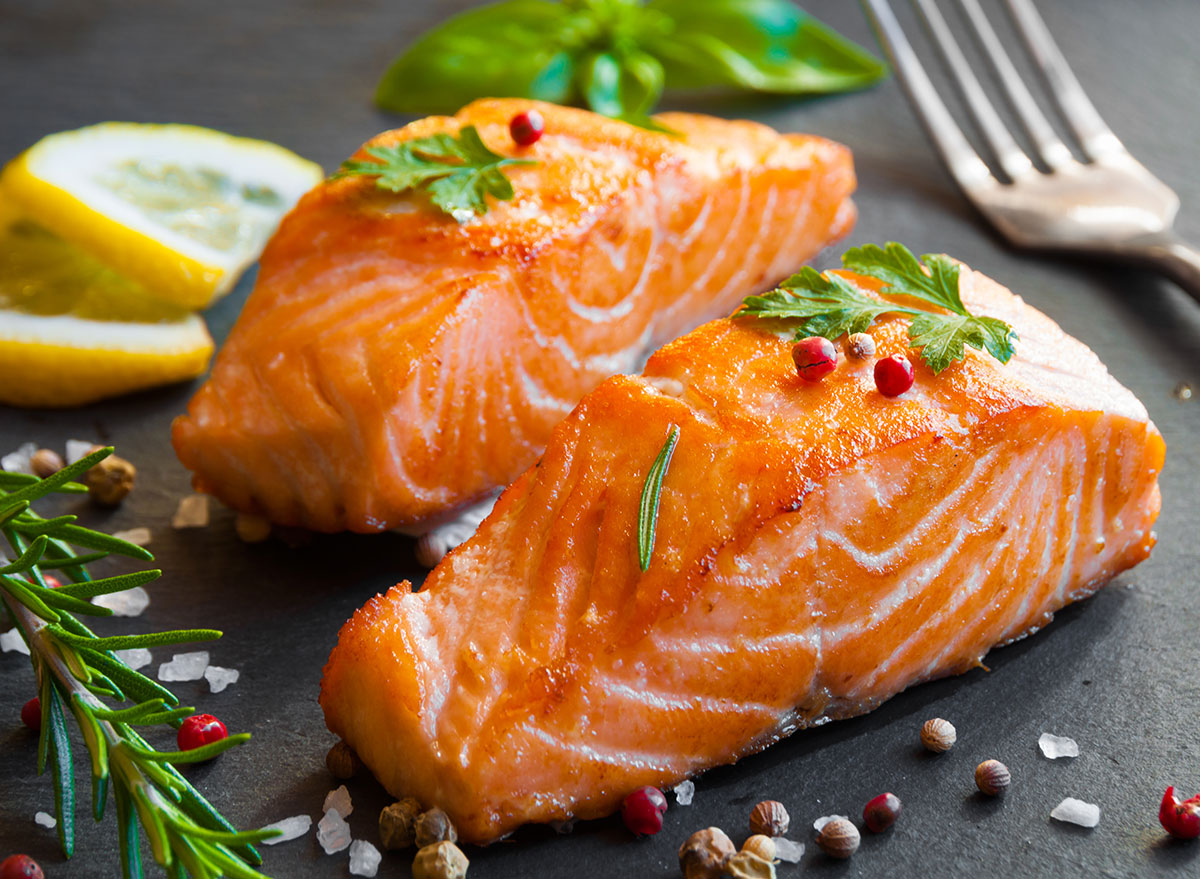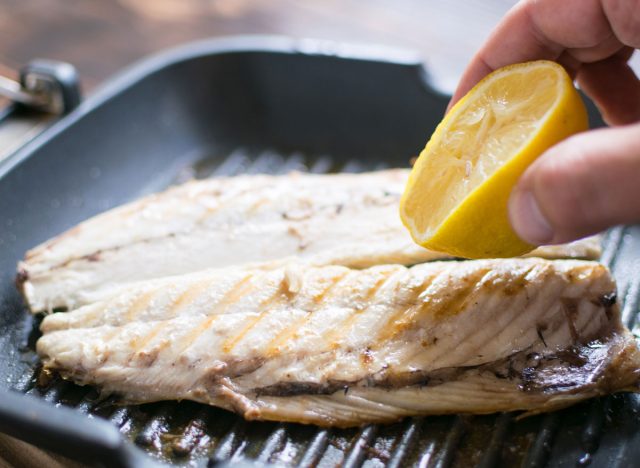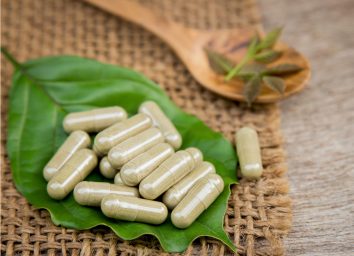The #1 Best Food for Memory Loss, Says Science

Mild memory loss is a natural side effect of your brain going through the aging process, and it begins at a younger age than you may realize. In fact, your memory peaks in your 20s and endures a steady decline after that, with many people noticing memory changes beginning in their early 40s.
The good news is that there are dietary and behavioral changes that can be made to help slow the aging process of your brain. One of the switches you can make in your diet is incorporating more brain-healthy nutrients, like omega-3 fatty acids.
Omega-3 fatty acids are some of the best nutrients for your brain health, and because of this, the best food for memory loss is fatty fish.
Fatty fish like salmon, mackerel, tuna, and herring have some of the highest levels of omega-3 fatty acids that you can find in natural food items, so experts suggest incorporating these into your diet for better brain health if you're able.
Read on, and for more healthy aging tips check out The Best Eating Habit to Prevent Dementia.
Fatty fish and your brain

Fatty fish is the best food for memory loss because of its omega-3s. But omega-3 fatty acids' benefits don't just stop with your brain. This type of fat has also been linked to lowering the risk of heart disease, helping to manage triglycerides, and helping to alleviate symptoms of arthritis.
So how do omega-3s help with memory loss specifically? Well, your brain naturally contains a lot of fat, and many of those fats are made of omega-3 fatty acids. These fats help your brain create and build more cells, which make them crucial for cognition, memory, and overall brain health as you age.
Research also shows that consuming fish with omega-3s has been linked to helping prevent dementia and Alzheimer's, both of which are age-related diseases that greatly impact your chances of memory loss.
What about omega-3 supplements?

You've likely heard of omega-3 supplements, also known as fish oil. This is a way that people can get omega-3s in their diet even if they don't like the taste of fish or don't get enough of it on a regular basis.
However, according to the National Institute of Health, research has shown that you may actually get more benefits from eating fish than from just taking the supplements. The exact reasons are still unknown, but they hypothesized that it's because seafood is rich in other helpful brain-boosting nutrients, and that many people who eat fish do so as a replacement for unhealthier proteins and fat.
The takeaway

It can be discouraging when you start to notice the symptoms of mild memory loss. But if this is something you're experiencing, don't be afraid to lean into learning more about foods, drinks, supplements, and other lifestyle changes that can help. In the meantime, enjoy a delicious baked salmon or mackerel filet on the grill!









